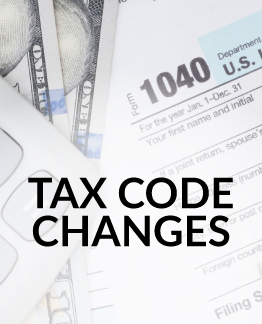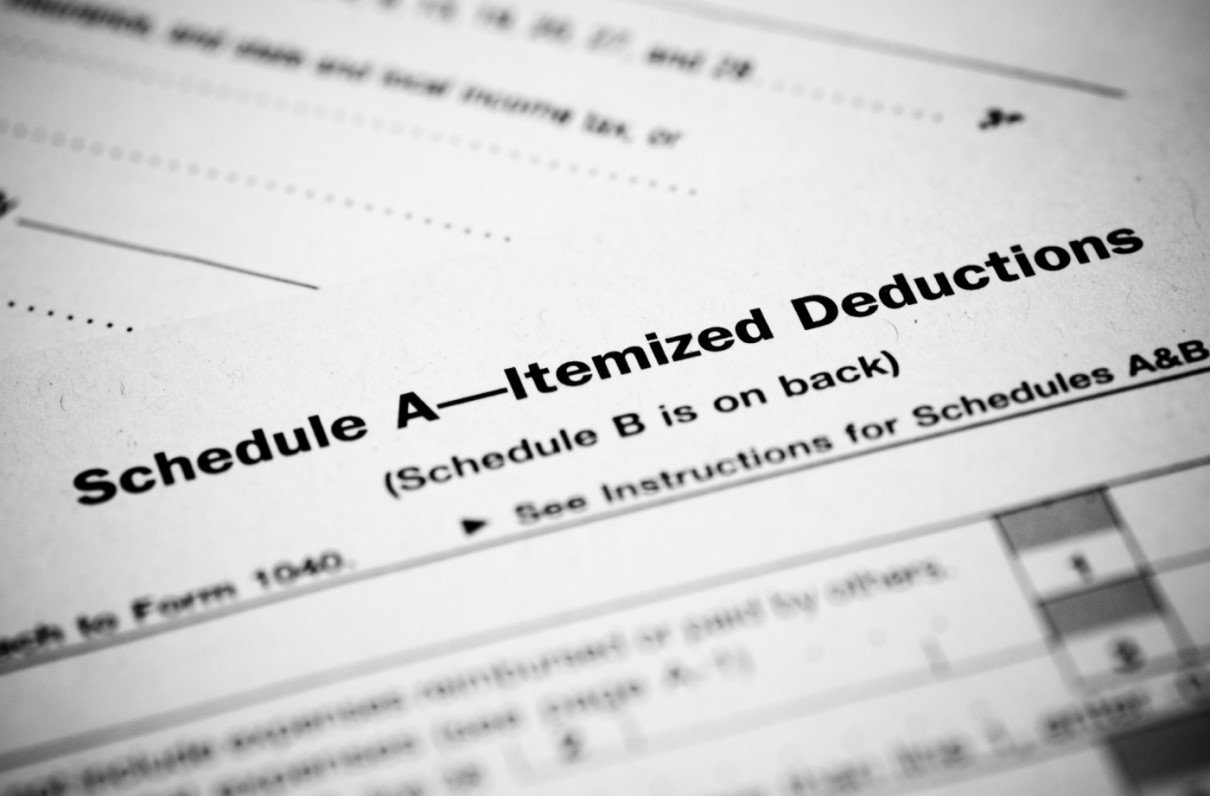
This is the fifth entry in a five-part series about changes to the U.S. tax code from the Tax Cuts and Jobs Act. Topics of the previous articles include itemized deductions, exemptions, and child/dependent credits; mortgage interest deductions; miscellaneous itemized deductions; and the Alternative Minimum Tax.
One of the bigger changes from the Tax Cuts and Jobs Act (TCJA) is the tax treatment of business income. The media did a pretty good job of reporting on the reduction of corporate tax rates, but they haven't done as well reporting on tax treatment of pass-through entities. That might be because it is pretty complicated. But if you're self-employed as a business owner or an independent contractor, it could, and most likely will, apply to you.
Let's start with defining a pass-through entity. Simply, a pass-through entity is one that passes income through the entity and onto the tax return of the business owner or contractor. Sole proprietors and partnerships, plus S-corporations and limited liability companies (LLCs) that chose to be taxed as a sole proprietors or partnerships, are pass-through entities.
If you operate as one of the entities, you likely have qualified business income (QBI). If you do, you will be able to reduce your income by 20 percent of your QBI. This is commonly called the QBI deduction. However, like most things with the Internal Revenue Code, it isn't quite that simple.
It is important to note that as of this writing, the IRS has only produced proposed regulations. We can anticipate that the final regulations will be similar.
If your business exists to produce or sell a product, the QBI deduction almost certainly will be available to you. This is because Congress wanted to encourage business creation and growth. Conversely, if you are self-employed and the primary source of your income is a result of your labor, then you might have some issues.
The TCJA specifically lists businesses that are Specified Service Trade or Business (SSTB). These businesses are in the following fields: health, law, accounting, actuarial science, performing arts, consulting, athletics, financial services, brokerage services, or any trade or business where the principal asset of such a trade or business is the reputation or skill of one or more of its employees. So if you're an independent contractor/consultant, you're probably a SSTB. If your business is an SSTB, then your deduction could be limited if your income is too high. The good news is “too high” is pretty high. If your business is a SSBT and your adjusted gross income is below $315,000 for married couples filing jointly and $157,500 for all others, then you get the full 20-percent deduction. If your income is above the threshold, then your deduction will phase out subject to other testing. The testing is too complex to explain here, and I suspect it won't apply to too many taxpayers.
While it looks like many will qualify for this deduction, one other area still remains unclear. The QBI deduction is not available for business income that is reasonable compensation to the owner for the services rendered. Reasonable compensation has always been an issue for businesses organized as S-Corporations. It might become an issue for sole-proprietors as well.
